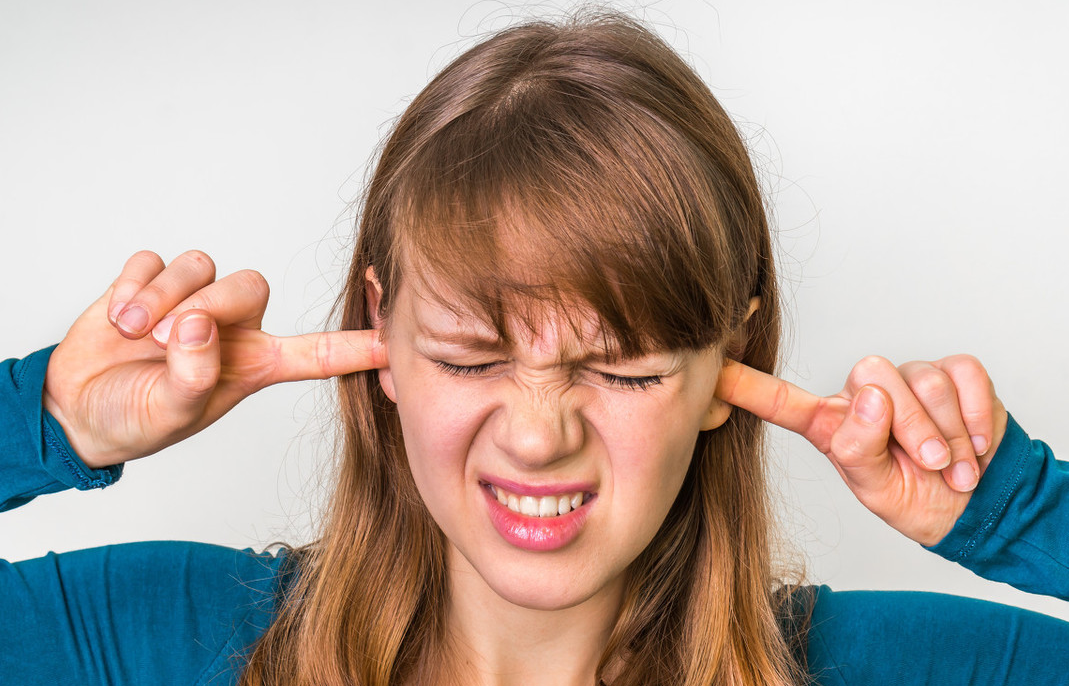
In developing countries, children with hearing loss and deafness rarely attend school. The unemployment rate is also higher among adults with hearing loss. Even when employed, people with hearing loss are more likely to be in the lower ranks of the workforce than the general workforce.
- How to prevent and avoid "sudden deafness" in life
● Keep away from ambient noise
In the noise environment for a long time, the auditory organs are in a state of excitement for a long time, which promotes the extreme tension and fatigue of the auditory function, resulting in hearing loss. Moreover, the noise environment is easy to make people irritable and insomnia, resulting in increased blood pressure and reduced cardiac bleeding, which affects the blood supply to the inner ear and ultimately affects hearing.
● Use headphones wisely
Wearing headphones too often can have serious consequences. Statistics show that 17% of South Korean teenagers suffer from "noise deafness". The unreasonable use of headphones is "damaging the ear."
If you listen to music at more than 89 decibels per day for up to one hour, you may lose your hearing permanently for five years. Wearing headphones should strictly follow the "60-60-60" principle: the volume should not exceed 60% of the maximum volume, can be adjusted to lower the best; Do not use headphones for more than 60 minutes continuously; The sound should be no more than 60 decibels.
It should be stressed that you should never sleep with headphones on. During sleep, the posture is difficult to control, causing noise damage and easy to compress the earphone, which brings physical damage to the fragile ears.
In noisy public places, try to avoid listening to music. When you find that you can't hear clearly in a noisy environment with the volume turned up to 60%, it's time to remove the headphones, and continue listening will only damage your ears. Headphones with noise-cancelling features are also recommended.
Here would like to appeal, usually wear headphones as little as possible, especially earbuds, if you want to wear, you can choose headphones and noise-cancelling headphones. Active noise-cancelling headphones can be a good way to protect hearing, reduce the noise impact when listening to music, and help us reduce the volume of headphones.
● Avoid eating too "well"
The intake of foods high in fat and cholesterol is an important risk factor for hearing loss. Because of such eating habits, it will increase the incidence of "diseases of affluence" such as diabetes and cardiovascular disease, and these "diseases of affluence" will cause damage to hearing.
According to the survey, 70% of elderly deafness suffers from atherosclerosis, and the heavier the degree of atherosclerosis, the heavier the degree of deafness. Atherosclerosis is likely to lead to obstruction of cochlear arterioles, while diabetes will also accelerate the endothelial proliferation of cochlear vessels and reduce blood supply, and there will be obvious hearing loss in the ears under ischemia.
● Pick your ears less
The skin of the ear canal is relatively delicate, if the ear is not properly tapped, it is most likely to cause damage and infection of the external ear canal into furunculosis, causing ear pain, and severe cases can cause hearing loss. Use soft cotton swabs, do not use nails, iron picks and other sharp objects to pick ears, and the depth should not exceed 2 cm (the diameter of a one-dollar coin is about 2.5 cm).
● Don't blow your nose too hard
Blowing your nose too hard can increase nasal pressure, and nasal secretions can enter the middle ear cavity, causing otitis media and resulting in hearing loss.
● Quit smoking now
People who smoke lose their hearing earlier than non-smokers and are more likely to develop ear infections or have their hearing reduced by loud noises.
Researchers at the University of Manchester in the United Kingdom believe that smokers are 15.1 percent more likely to have hearing loss than non-smokers, and passive smokers are even more affected, their risk of hearing loss is 28 percent higher.

